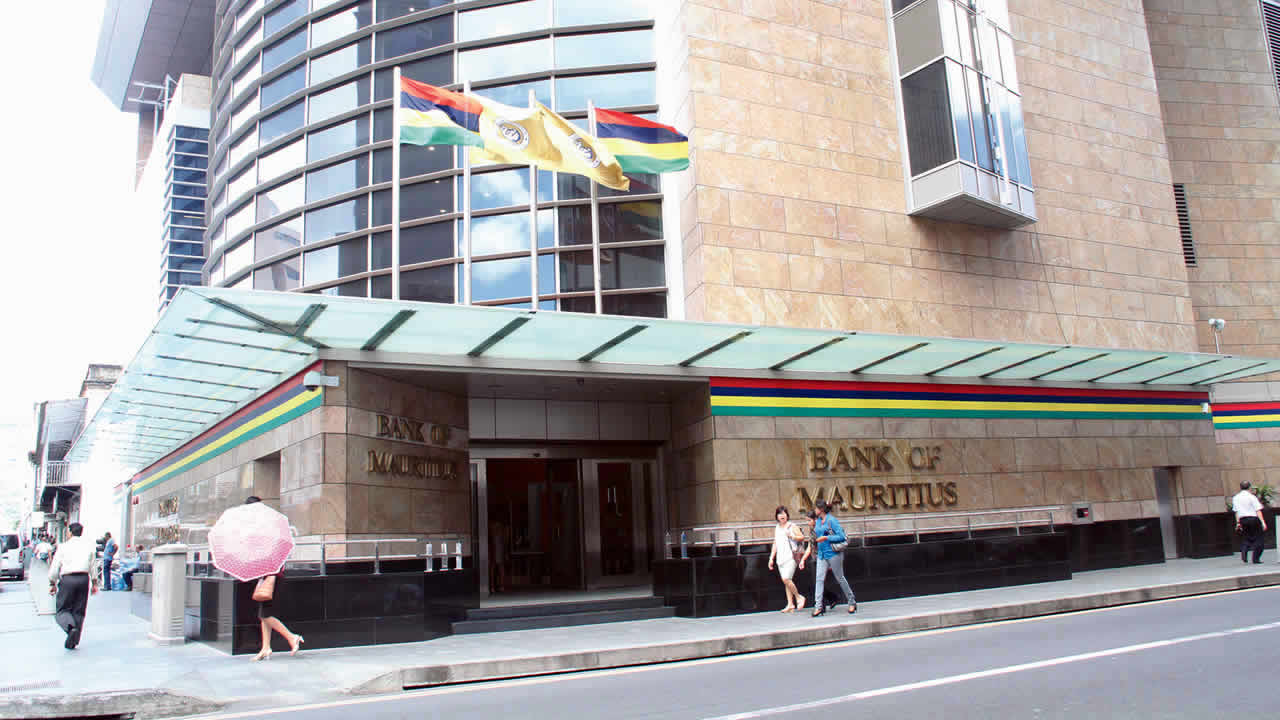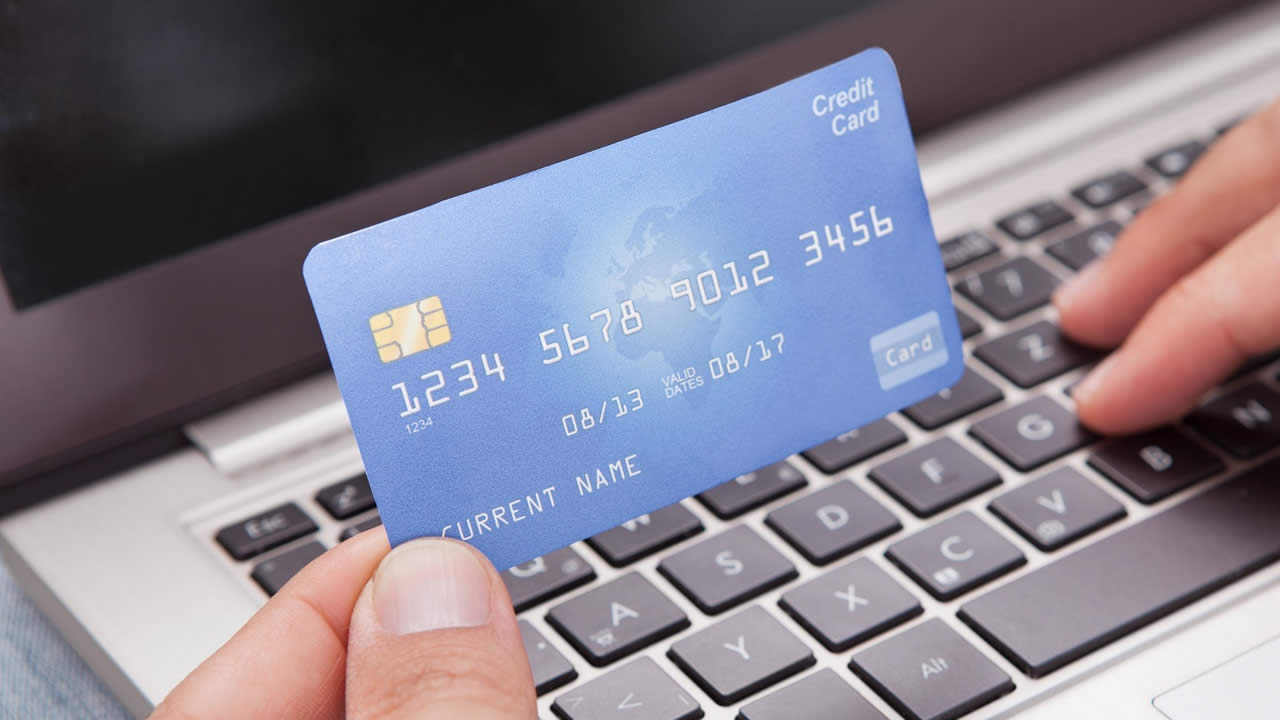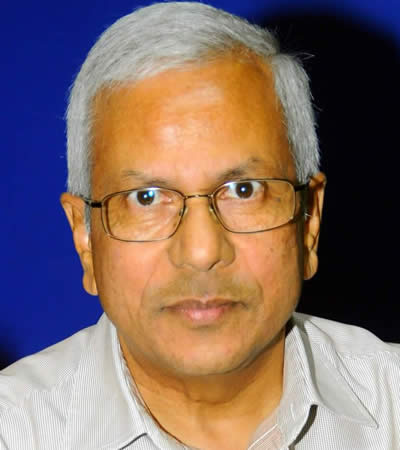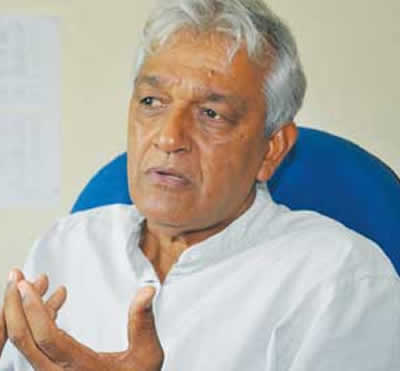
The National Payment Switch, a revolutionary project of the Bank of Mauritius, is firmly on track. The relevant legislation has already been passed. With the National Payment Switch, transactions made at local ATMs or points of sale will be redirected to the Bank of Mauritius, which in turn will channel them to the relevant financial institutions. Thus, the consumer can expect lower costs with the restructuring of the whole payment process.
The National Payment Switch (NPS), a project that has been in the news since 2014, will soon be a reality. Managed by the Bank of Mauritius, the NPS aims to be a modern payment system that will positively impact on the financial sector, Doing Business and trade in general.
Indeed, the credit card market is shared among three main players: Visa, MasterCard and American Express. Using a credit card entails fees at different levels. The credit card fees vary from one card to another, but also from one bank to another. In addition to the annual fee applicable at some banks (while others issue the card for free), bank charges apply when the card is used for commercial transactions or for withdrawals from automatic distributors of another bank or another network. The National Payment Switch wants to address these issues in the interest of consumers.
Consumer groups have for long denounced the excessive banking charges levied on bank customers. The fees associated with the use of credit cards are important revenues for banks. For example, the annual report of the Mauritius Commercial Bank for the fiscal year ending 30 June 2018 indicates that ‘cards and related fees’ generated an income of Rs 1.7 billion. The report further underlines that this revenue item was on the rise compared to previous years. At the SBM, the latest annual report shows that the bank counts as many as 667,542 users of e-commerce and its 'card fees income' was Rs 313 million.

But what is the National Payment Switch? As part of its mandate to ensure financial stability, the Bank of Mauritius sees the necessity to implement a National Payment Switch with a view to promoting a cost effective payment system which will ensure the protection of consumers and enable all players to operate on a level playing field. On the retail payment side, which is still predominantly cash-based, more and more payments are being handled electronically. New payment modes with growing complexities are being introduced. While card remains a popular mode of payment, mobile phones are being increasingly used for settlement of small payments such as utility bills. Internet-based shopping can be made by credit cards or alternative online payment options like Paypal, Google Checkout, among others.
Consumers are being more and more solicited to use new mode of payments. Typically, the products are marketed as ‘free on usage’ with tempting rewards. Payments are indeed not free but represent a multi-billion industry. The total value of payments made at points of sale (POS) in Mauritius exceeds Rs 150 billion annually with an estimated amount of Rs 4 billion shared as fees among payment systems operators. The complexity of the structure, which involves payment of fees at different levels, is unfortunately, cumbersome for merchants who foot the bill for electronic payments as well as for consumers who face obscure contracts and hidden costs.
But the role of the National Payment Switch will not be limited. Rather, it represents a basic technological infrastructure that will allow other services to be added in the future. The current configuration is based on the individual advantage of each bank and does not take into account the collective synergy of the market. The new system will be able to interface with any point-of-sale system, automated teller machine, mobile payment system and Internet-based commercial portals, thus consolidating all electronic transactions and intelligently routing them to one or more payment processors.
Two previous examples
In 2011, the Bank of Mauritius introduced, in collaboration with the Mauritius Bankers Association, a modern system for the clearing of cheques. Thus, through the Cheque Truncating System, banks send only the digital image of cheques to the central bank. In the year 2000, the Central Bank innovated with the Mauritius Automated Payment and Settlement System (MACSS). This system allows the interbank transfer. Today, almost all public payments, such as VAT, PAYE or social contributions, pass through the MACCS. It is estimated that the total value of transactions under the MACSS exceeds Rs 2.5 trillion annually.
Advantages
- The NPS will allow direct routing of authorisation requests and elimination of intermediate arrangements and related processing costs.
- The NPS will also allow batch settlement of transactions instead of single transaction processing.
- The NPS will have direct connection with the credit card associations, thus eliminating per-transaction conveyance fees (estimated at about 10% per total merchant fees) charged by processors to route these transactions.
- Merchants can offer a wider range of payment and service options to customers. This will allow merchants to attract more customers and propose switch supported payment services such as phone cards, gift card trees, etc.
- The NPS aims at eliminating the inefficiencies of the current payment setup. The entire settlement process will be centralised and save merchants from cost of reconciliations as the NPS will allow them to view their payment system from one reporting and interfacing system.
- With the NPS, ATM sharing fees can be considerably reduced when customers use the ATM of a bank other than one where they hold their accounts.
 Dan Maraye : “It's a major step forward”
Dan Maraye : “It's a major step forward”
Dan Maraye, former governor of the Bank of Mauritius, says he welcomes the National Payment Switch project as a 'major step forward'. According to him, such a project has always been envisaged since the 90s, but it could not succeed for several reasons. For example, at each change of government, there is a movement of staff, and this affects the smooth running of projects. “The NPS will modernise the banking system and benefit everyone,” says the former governor.
To our question whether the Central Bank can be in a conflict situation, being both a regulator and a payment system operator, Dan Maraye explains that the issue of conflict does not arise at all. “On the contrary, it will help strengthen the system because the Central Bank must have already weighed all the implications.” He believes there would definitely be a well-trained dedicated team to manage this new project.
Jayen Chellum : “We must target all bank charges”
The Secretary General of the ‘Association des Consommateurs de l’ile Maurice’ (ACIM), Jayen Chellum, believes that the National Payment System is a good thing if it will actually bring about a decrease in fees associated with the use of bank cards. “If the consumer benefits in terms of reduced or eliminated fees, then this is a good thing, but it must not encourage consumers to overspend, especially on unnecessary items. The consumer must be able to control expenditure,” says Jayen Chellum. However, he fears that the system will give rise to more international transactions, through e-commerce, to the detriment of our local businesses.
Regarding bank charges, while the NPS is addressing the issue of card related fees, there also exist other excessive bank charges that burden consumers. “It is unfortunate that the Central Bank as regulator does not intervene in the case of excessive bank charges on various bank services.”
The Consumer Eye Association expects a secure and cost-free system

The national payment system will prove a great benefit to consumers in that it will save consumers’ time as the transaction is almost virtual taking only a few minutes. There is no need to wait in line at banks or the post office to pay bills. It bears no cost on behalf of the consumer. It however discriminates against those consumers who pay by direct debit as the banks impose varying charges for paying bills through this system. This is why Consumers’ Eye Association has written to the Governor of the Bank of Mauritius to warn banks of this discrimination and to remove these fees.
The national payment system also provides the consumer with a history of their payments indicating where and when a payment was made, and the amount disbursed. It solves the issue where consumers have to write down their payments. It also provides the consumer with the advantage of being able to be in control of their expenses. It represents a reduced risk for the consumer to carry cash although there remains the issue of security in cyberspace in that accounts could be scammed.
The national payment system is user friendly and for some transactions, it may have low commission charge e.g topping up phone accounts via the system as opposed to buying phone cards at the shop. Electronic payments involve the use of credit and debit cards. Ownership of smart card carries the risk of their theft or loss. We have all heard stories of consumers losing their card and their account stripped by the time steps are taken by the bank to block their use. Although there are procedures to inform the bank of the loss of a card, sometimes the time between losing the card and informing the bank can be taken advantage of by the fraudulent user. If a lost smart card falls in the wrong hands or if it is stolen, the consumer’s identity is at risk of theft as well as the money in the account that the card is linked to.
There is also the risk of being hacked if the merchant or the provider of the system has poor security. Hence there remains the risk of identity theft. The charges levied by banks when dealing with customers of a different bank remains an issue for consumers. But the biggest negative issue is the fact that the consumer’s transactions and information are stored online and can be used by service providers to assess the consumer’s spending power and patterns and then used to generate junk mail and unsolicited selling. The consumer anonymity disappears.
The Consumers’ Eye Association believes that the implementation of the national payment switch can be a good thing for consumers provided it is implemented properly, that it is secure and that there are no hidden charges.
 J'aime
J'aime














